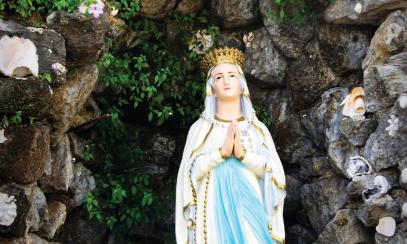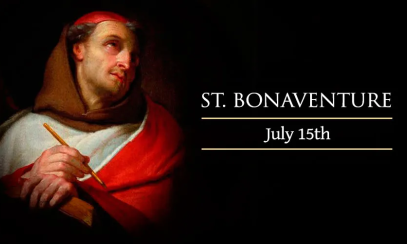
Howard Thurman: A Genuine Influencer of the Civil Rights Movement
“If you are a serious person about your own journey, especially if you are in the struggle for human rights, then you’ve got to meet Howard Thurman.” Rev. Otis Moss Jr.
“One cannot understand King’s philosophy and theology without first understanding Thurman’s work, and Thurman’s influence on King and other civil rights leaders.” David Gower
Howard Thurman was a black Baptist pastor and theologian. His life and writings inspired many of the leaders of the civil rights movement, including Dr. Martin Luther King Jr. and Congressman John Lewis.
Thurman did not lead marches or organize protests. He taught in classrooms and led worship services in chapels. He counseled and he wrote. His interest was in the “inward journey” of individuals. He believed the inner transformation of a person would lead to a burning concern for social justice. On one occasion when a visitor asked him what the world needs, Thurman said, “What the world needs are people to come alive.”
Beginnings
Born in 1899, Thurman grew up in Daytona Beach, FL, at a time when the Klan was active. His grandmother, whom he admired greatly for her wisdom, had been a slave. Thurman studied at Morehouse College in Atlanta, GA. “Daddy King,” Martin Luther King Sr., was a fellow student. In 1923, he went from Morehouse to Rochester Theological Seminary.
During his time in Rochester, he was ordained a Baptist minister. At the end of his senior year, he was invited to become the pastor of a Baptist church in Oberlin, OH. He also accepted teaching positions in Morehouse and Spelman College in Atlanta. He traveled to Haverford College to study with Rufus Jones, a prominent American Quaker who taught psychology and philosophy. Thurman studied Meister Eckhart and the Spanish mystics; he wrote a study on the mysticism of St. Francis of Assisi.
After the death of his first wife, Thurman married Sue Bailey. The couple moved to Washington, D.C., where he taught in the School of Religion at the prestigious Howard University. Thurman became dean of the university’s Rankin Chapel. He gained a reputation as a creative teacher, preacher, and worship leader.
Mahatma Gandhi
In 1935, Thurman was invited to lead a small delegation to India, Burma, and Ceylon (now Sri Lanka). Thurman said that journey was “a watershed experience in my life.” He met Mahatma Gandhi, the poet Robindranath Tagore, and others. He was the first African-American pastor to travel to India and meet Gandhi. At the end of their meeting, Gandhi asked Thurman to sing a Negro spiritual.
Thurman said of the Bengali poet, Tagore, “He moved deep into the heart of his own spiritual idiom and came up inside all peoples, all cultures, and all faiths.” A friend of Thurman’s said that this description described Thurman himself.
Thurman began to form an idea of a religious fellowship open to all seekers, of all colors and creeds. In San Francisco, he co-founded the first intentionally multiracial and multifaith church in the United States, the Fellowship of All Peoples.
Thurman was concerned that Christianity was far too often “on the side of the strong and the powerful against the weak and oppressed.” In his 1949 book, Jesus and the Disinherited, Thurman presented Jesus as a member of an oppressed people in Israel. The psychological and social insecurity Jesus must have experienced would be similar to that of the vast majority of black people in the United States. In his analysis of Jesus’ teachings, Thurman finds the basis for a non-violent response to oppression.
Martin Luther King Jr.
He later became a professor at Boston University’s School of Theology and dean of the university’s Marsh Chapel. Martin Luther King Jr. was enrolled at the school, completing his doctoral studies in systematic theology. King attended Thurman’s chapel services, taking notes. He also visited the Thurman household to watch baseball games, especially enjoying Jackie Robinson.
Six months after King finished his doctoral studies, he led his first non-violent mass protest in Montgomery, AL. As he engaged in the civil rights movement, King studied Thurman’s book, Jesus and the Disinherited. Thurman attended the 1963 March on Washington and heard King deliver his “I Have a Dream” speech.
A prophetic spirituality
Although he authored more than 20 books, Thurman understood himself to be more a preacher than a writer. Often people commented on the silences interspersed in his speaking. Some said he embodied a “prophetic spirituality,” combining contemplation with confrontation. In a commencement address, a year before he died in 1981, Thurman encouraged the graduates to listen to the “sound of the genuine,” something that “flows through everyone.”
Howard Thurman engagingly told his story in an autobiography, With Head and Heart. Selections of his writings have been published by his daughter, Anne Spencer Thurman, in Howard Thurman: For the Inward Journey.
His wife, Sue, used to say, “Howard has a way of leading people home.”



